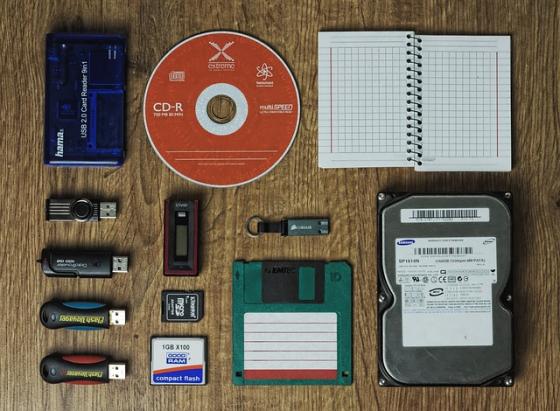What is in a memory?

The IT world is full of jargon and acronyms, and while many of us think we know our RAMs from our AI, and how data is stored, here is a simplified guide to the differences between RAM and cache memory.
A cache is a special storage space for temporary files that makes a device, browser, or app run faster and more efficiently. It is a fast memory component used by the CPU (central processing unit) to provide faster access to frequently used program instructions. After opening an app or website for the first time, a cache stores files, images, and other relevant data on your device. This allows the data to be used repeatedly, instead of having to undergo the same set of instructions multiple times when visiting a particular site. Systems with a bigger capacity of cache memory generally perform quicker since they can hold more information and data.
Clearing cache is one of the easiest fixes to certain problems, like loading or formatting issues on sites. While it can be useful to have certain information from websites stored in its cache and cookies, it can also have a detrimental impact on your computer’s performance, like slowing it down if it becomes confused with the stored data, for example, if a site has been updated since your last visit, the browser may not load the new version of that site and the cache can cause issues with you being able to view the page.
RAM is short for ‘random access memory’ and is one of the most fundamental elements of computing. It provides short-term digital storage of a computer, temporarily storing data and information your computer is actively using.
Cache v RAM: A comparison
|
Works between a RAM and CPU |
Allows information to be stored and retrieved |
|
Stores frequently used data or program instructions that the CPU is likely to need next |
Provides short-term digital storage, storing information and data that the CPU actively uses |
|
Faster to access than main memory data |
Faster to access than a hard disk or any secondary-type storage |
|
Very responsive and uses little memory compared to RAM |
Cheaper than cache memory but more expensive than hard drives |





